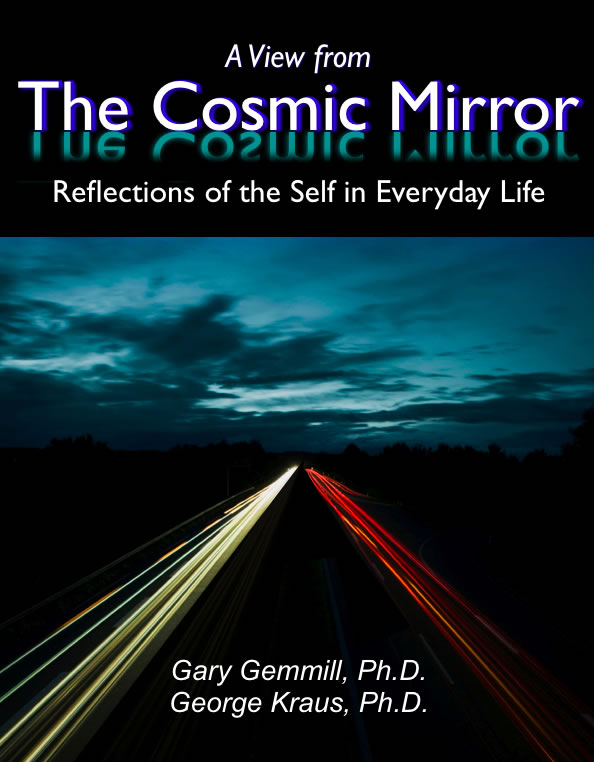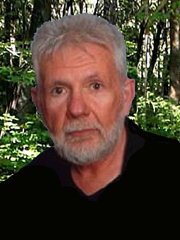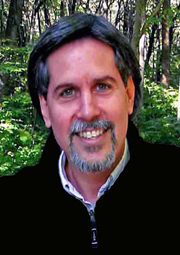
 |

A
continuing education course for 7 ces
All
of us have hidden parts within us. These are the things
about ourselves that we do not see—our haunting darkness
and our illuminating light. We often hide from our own
flaws. But we also can hide from our own undeveloped talents
and vital spirit. Most of us would like to discover a more
whole and complete self. To do this, we must clearly see
the accurate reflection of ourselves in the people and objects
around us. What it takes is to discover our unseen but
true reflection in the cosmic mirror. |
|
The
people and objects that surround us are powerful but unseen mirrors.
We This course is intended to be simple, straightforward, and easy-to-read,
as free as |
|
maintains responsibility for the program. |
|
This is an intermediate level course and is designed to help the participant: • Discuss many ways that clients within psychotherapy employ defenses to deny their hidden flaws and hidden talents and project them onto others. • Describe and explain the effects of two key psychic structures in shaping a psychotherapy client’s view of themselves and in forging their relationships with their therapist and others. • Explain and compare three essential psychic processes that effect the development of a client’s perceptions of themselves and others. • Apply the psychic structures and processes of the cosmic mirror to everyday role relationships in gender role formation and identity, in leadership processes, in romantic relationships, and in child-parent relationships. • Utilize the psychic structures and processes from within the cosmic mirror to better conceptualize therapeutic cases. • Utilize a 5-step treatment planning model within the therapeutic relationship to better assist clients in their emotional reparation and healing.
|
Course
Outline THE
FOUNDATION OF THE COSMIC MIRROR Glossary |
 Gary
Gemmill, PhD Gary
Gemmill, PhD “A concept like the Cosmic Mirror has meaning for my own personal growth only if I can apply it to my daily life. I never ask anyone to try something that I have not experienced for myself. It is my own experience that is my test of what is useful and life-affirming.” Gary Gemmill, PhD, is Professor Emeritus of Organizational Behavior at Syracuse University and a doctoral faculty mentor at Walden University. Additionally, he leads intensive programs in personal growth, leadership dynamics, and team dynamics around the world. He has written many professional articles on the psychodynamics of personal growth and group development, and has a postgraduate diploma in Gestalt Therapy from the Gestalt Training Center of San Diego where he studied with Erv and Miriam Polster. |
 George
Kraus, PhD George
Kraus, PhD“It is not easy to overcome the patterns of thinking, feeling, and acting from our early life experiences. But all that is needed is a desire to do so. Everything starts with awareness. With an awareness of a desire to grow, all else is possible. Awareness brings choice. And with choice bring new possibilities in an evolving life.” George Kraus, PhD, ABPP is a clinical and consulting psychologist in private practice with Layh and Associates in Yellow Springs, Ohio. He specializes in the care of older adults, especially those suffering from Alzheimer’s and other dementias. Dr. Kraus has published in a variety of professional journals and is the author of At Wit’s End: Plain Talk on Alzheimer’s for Families and Clinicians, released in 2006 by Purdue University Press. He is board certified in clinical psychology by the American Board of Professional Psychology, and he is on the graduate faculty of the School of Professional Psychology at Wright State University. Dr. Kraus is also on the clinical staff at Greene Memorial Hospital in Xenia, Ohio. And he is on the editorial board of Aggression and Violent Behavior: A Review Journal. To learn more about Dr. Kraus and his practice, visit him at www.GeorgeKrausPhD.com. |
This course consists of reading and taking a post-test on:
A View from the Cosmic Mirror
We do adhere to the American Psychological Association's Ethical Principles of Psychologists. Our courses are carefully screened by the Planning Committee to adhere to APA standards. We also require authors who compose Internet courses specifically for us follow APA ethical standards. Many of our courses contain case material, and may use the methods of qualitative research and analysis, in-depth interviews and ethnographic studies. The psychotherapeutic techniques depicted may include play therapy, sandplay therapy, dream analysis, drawing analysis, client and therapist self-report, etc. The materials presented may be considered non-traditional and may be controversial, and may not have widespread endorsement within the profession. www.psychceu.com maintains responsibility for the program and its content. |
All material included in this course is either in the public domain, or used with express permission. |
![]()
Cost of the 7 unit course is $110
The course material, without credits or post-test, may be purchased for $ 24.95
|
Thank you! |
888-777-3773
|
©
2000 - 2010 www.psychceu.com
all rights reserved. |

|